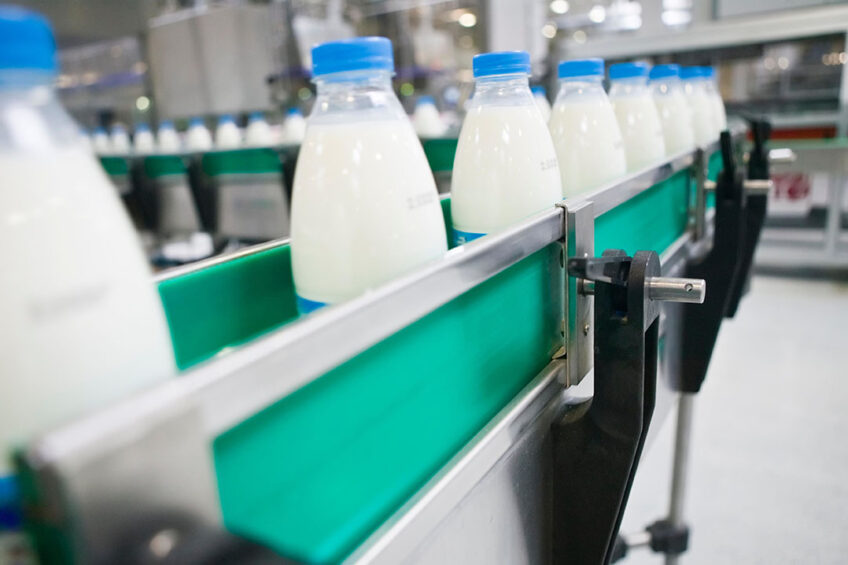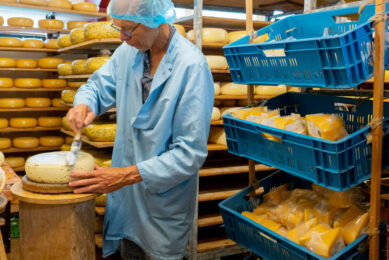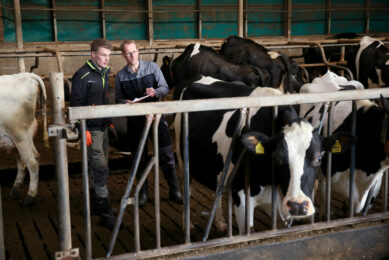Russia postpones mandatory tagging of dairy products

Tagging of dairy products on the Russian market remains voluntary this year, Russian government stipulated in a decree posted on its website on 7 April. For some products mandatory tagging will be introduced on 20 January of 2021, but for most on 1 October of 2021.
This is the third time the Russian government has postponed the introduction of compulsory tagging. Previously the government scheduled the introduction of compulsory tagging for 1 July 2020.
The Russian union of dairy producers, Soyuzmoloko, welcomed the decision. Hopes are raised now that the extra time could be used to re-consider the need for mandatory tagging on the Russian dairy market, said Artem Belov, general director of the Russian union of dairy products Soyuzmoloko.

Russia already has an electronic traceability system on the domestic dairy market. The mandatory tagging is called only to prevent occurrence of counterfeit products, which is about 0.01% of all sales of dairy products, Belov said.
The companies introducing tagging at their plants are now experiencing major slowdown of their production lines due to placing the tags. Also, in up to 15% of all products the tags are not readable, which means they would not be allowed to be sold as soon as the tagging becomes mandatory, Belov disclosed.
Covid-19
The decision to postpone the introduction of compulsory tagging comes at a time when the Russian dairy industry is entering a period of major uncertainty because Covid-19, Dmitry Matveev, president of the Russian dairy company Kabosh told local magazine Agroinvestor.
The companies are not able to forecast what would happen next month while the tagging is an additional financial burden upon the companies in the industry, Matveev said. The compulsory tagging was predicted to drive the prices for all categories of dairy products on the Russian market up on average by 5%, he added.
So far, Covid-19 has not caused any major problems for the Russian dairy industry, Soyuzmoloko said in a separate statement. There are only certain risks associated with supplies of imported components and equipment for the Russian dairy plants, Soyuzmoloko said, adding that the union would keep following this issue together with the Russian Agricultural Ministry.
Seamless transition
The Russian Center of Prospective Technologies (CPT) which is authorised by the Russian government to supervise the tagging project, said in a statement that the recent government decision is called to make transition to compulsory tagging more comfortable. The number of dairy companies voluntarily tagging products has tripled over the past year, reaching 1,300 in March, CPT said.
The government is also proposing to exclude all dairy products with the retail price below Rub30 ($0.4) from the tagging project, and wants to extend the transition period for milk farmers, CPT added. All those measures are called to make the transition to the new system ‘seamless’, CPT explained.
Join 13,000+ subscribers
Subscribe to our newsletter to stay updated about all the need-to-know content in the dairy sector, two times a week.










